WISH TO BECOME
Associate Safety Professional?

02 Months Duration
Online
Lahore & Islamabad
BCSP
The Board of Certified Safety Professionals (BCSP) is a USA based organization that focuses on promoting and enhancing the safety profession globally. BCSP plays a significant role in advancing the field of occupational safety and health by certifying safety professionals and advocating for high standards of safety knowledge and practice. BCSP offers a range of certifications that cover different aspects of safety, including: Certified Safety Professional (CSP), Associate Safety Professional (ASP), Certified Safety and Health Manager (CSHM), Certified Environmental, Safety and Health Trainer (CET), Occupational Hygiene and Safety Technician (OHST), Construction Health and Safety Technician (CHST) & Safety Management Specialist (SMS). By acquiring these certifications, safety professionals demonstrate their expertise in various fields. These include, but are not limited to, healthcare, insurance, construction, petroleum, and mining.
Associate Safety Professional (ASP) is a middle-management level certification from BCSP. The ASP certification is an intermediate step that can also serve as a prerequisite for pursuing the Certified Safety Professional (CSP) certification, which is considered one of the highest levels of achievement in the safety field.
Abacus International Training & Consultancy is offering online ASP training course in Lahore, Islamabad & Karachi, Pakistan. Our preparation program consists of exam-focused knowledge targeted learning materials and practice resources aligned with the Examination blueprint V10.0.
Associate Safety Professional (ASP) will guide you toward a hands-on and pragmatic career path. This ASP training and certification program will not only elevate your capacity to showcase practical expertise but also broaden your scope in executing safety responsibilities at a professional level. By enrolling in the Associate Safety Professional (ASP) certification program, you’re unlocking opportunities to excel and gain mastery in the role of an Associate Safety Professional.
The ASP exam preparation for safety practitioners facilitates real-time learning experiences without the need for incurring travel costs. Moreover, it offers a practical avenue for engaging in comprehensive study sessions to address queries and take charge of your future. For further queries about the course, you can contact our learning advisors.
The Associate Safety Professional (ASP) certification will be suitable for Safety Managers, Plant Managers, Directors, Engineer, Officers and all Health and safety professionals who are looking to establish themselves as safety professionals and advance their careers in roles related to workplace safety. (must meet the eligibility requirements from BCSP).
One of our learning adviser will call you soon.
The application fee for ASP is $160, and the ASP exams cost $350. Once your application is approved, you can purchase the exam, receive an authorization code by email, and schedule the exam at a Pearson VUE test center.
1. General chemistry concepts (e.g., nomenclature, balancing chemical equations, chemical reactions, ideal gas law, and pH)
2. Electrical principles (e.g., Ohms law, power, impedance, energy, resistance, and circuits)
3. Principles of radioactivity (e.g., radioactive decay, half-life, source strength, concentration, and inverse square law)
4. Storage capacity calculations
5. Rigging and load calculations
6. Ventilation and system design
7. Noise hazards
8. Climate and environmental conditions (e.g., Wet-bulb Globe Temperature [WBGT], wind chill, and heat stress)
9. Fall protection calculations
10.General physics concepts (e.g., force, acceleration, velocity, momentum, and friction)
11. Financial principles (e.g., cost-benefit analysis, cost of risk, life cycle cost, return on investment, and effects of losses)
12. Descriptive statistics (e.g., central tendency, variability, and probability)
13. Lagging indicators (e.g., incidence rates, lost time, and direct costs of incidents)
14. Leading indicators (e.g., inspection frequency, safety interventions, employee performance evaluations,
training frequency, near miss, near hit, and close-call reporting)
1. Hierarchy of hazard controls
2. Risk transfer (e.g., insurance and outsourcing – such as incident management or subcontracting)
3. Management of change
4. Hazard and risk analysis methods (e.g., preliminary hazard analysis, subsystem hazard analysis, hazard and operability analysis,
failure mode and effects analysis, fault tree analysis, fishbone, what-if and checklist analysis, change analysis, energy trace
and barrier [ETBS] analysis, and systematic cause analysis technique [SCAT])
5. Process safety management
6. Fleet safety principles (e.g., driver behavior, defensive driving, distracted driving, fatigue, and vehicle safety features)
7. Hazard Communication and Globally Harmonized System
8. Control of hazardous energy (e.g., lockout/tagout)
9. Excavation, trenching, and shoring
10. Confined space
11. Physical security
12. Fall protection
13. Machine guarding
14. Powered industrial vehicles (e.g., trucks, forklifts, and cranes)
15. Scaffolding
1. Fitness for duty (e.g., fatigue and mental health)
2. Stressors (e.g., environmental, lights, noise, and other conditions)
3. Risk factors (e.g., repetition, force, posture, and vibration)
4. Work design
5. Material handling (e.g., manual, powered equipment, and lifting devices)
6. Work practice controls (e.g., job rotation, work hardening, and early symptom intervention)
1. Chemical (e.g., flash point and auto ignition)
2. Electrical (e.g., static electricity, surge, arc flash, ground fault circuit interrupter, and grounding and bonding)
3. Hot work (e.g., welding, cutting, and brazing)
4. Combustible dust
5. Fire science (e.g., fire pentagon, fire tetrahedron, upper and lower explosive limits)
6. Detection systems
7. Suppression systems, fire extinguishers, sprinkler types
8. Segregation and separation (e.g., flammable materials storage and ventilation)
9. Housekeeping
1. Emergency, crisis, disaster response planning (e.g., drills)
2. Workplace violence (e.g., shooting, bomb threat, vandalism, and verbal threats
1. Sources of biological hazards (e.g., viral, bacterial, parasitic, fungus, and mold)
2. Protocol for bloodborne pathogen control
3. Mutagens, teratogens, and carcinogens
4. Chemical hazards (e.g., sources, assessment, control strategies, symptoms, and target organs)
5. Exposure limits (e.g., Threshold Limit Value [TLV], Short-term exposure limits [STEL], Time-Weighted Average [TWA],
Ceiling Limit, Immediately Dangerous to Life and Health [IDLH], and Action Level [AL])
6. Routes of entry (e.g., inhalation, ingestion, absorption, and injection)
7. Acute and chronic exposures (e.g., additive effect, synergistic effect, antagonistic effect, and potentiation effect)
8. Noise
9. Radiation
10. Heat and cold stress
1. Environmental hazards awareness (e.g., biological [mold], chemical, waste, and vermin)
2. Water (e.g., storm, waste, and best practices)
3. Air (e.g., quality and best practices)
4. Land and conservation (e.g., solid waste, recycling, and sustainability)
5. Hierarchy of conservation (e.g., reuse, recycle, and reduce)
6. Environmental management system standards
7. Waste removal, treatment, and disposal
1. Adult learning theory and techniques
2. Presentation tools (e.g., computer-based and group meeting)
3. Safety culture/climate
4. Data collection, needs analysis, gap analysis, and feedback
5. Assessing competency
1. Legal liability
2. Ethical behavior (e.g., professional practice, audits, record keeping, sampling, standard writing, and BCSP Code of Ethics)
3. Protection of worker privacy (e.g., information)
To apply for ASP certification with BCSP, visit the My Profile portal on bcsp.org, create an account, and start the application from the “Applications” menu. After submitting your application and meeting all requirements, you will have one year to take and pass the certification exam.
All individuals applying for the ASP exam in Lahore, Islamabad & Karachi, Pakistan must have:
The ASP examination is a computer based test, contains 200 multiple choice questions. You will have 5 hours to complete the examination. Official results are available immediately after the exam. You need to score at least 60% to pass ASP exam. This exam is designed to test your knowledge of safety principles and practices to assess your competence in the field of safety.
Taking ASP exam from Lahore, Islamabad & Karachi, Pakistan will get you following benefits:
By choosing Abacus International for ASP exams, students are making an informed choice for quality education, unwavering support, and a clear path toward achieving their safety career. Abacus International as a leading Training and Consultancy Company which on boards an immense team of internationally certified experienced Trainers and Consultants. Our expert team will guide you how to easily manage workplace safety and pass ASP exam in Lahore, Islamabad & Karachi, Pakistan.

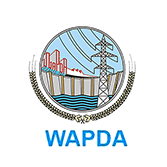

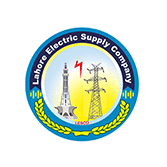


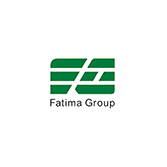



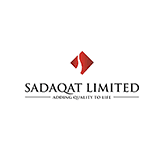
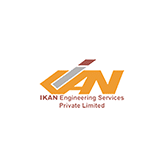



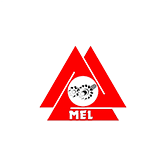






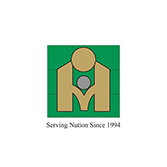
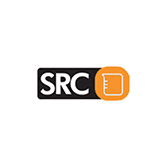
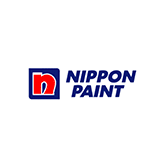
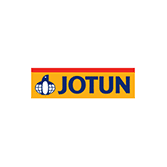
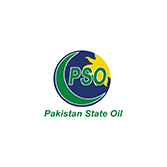



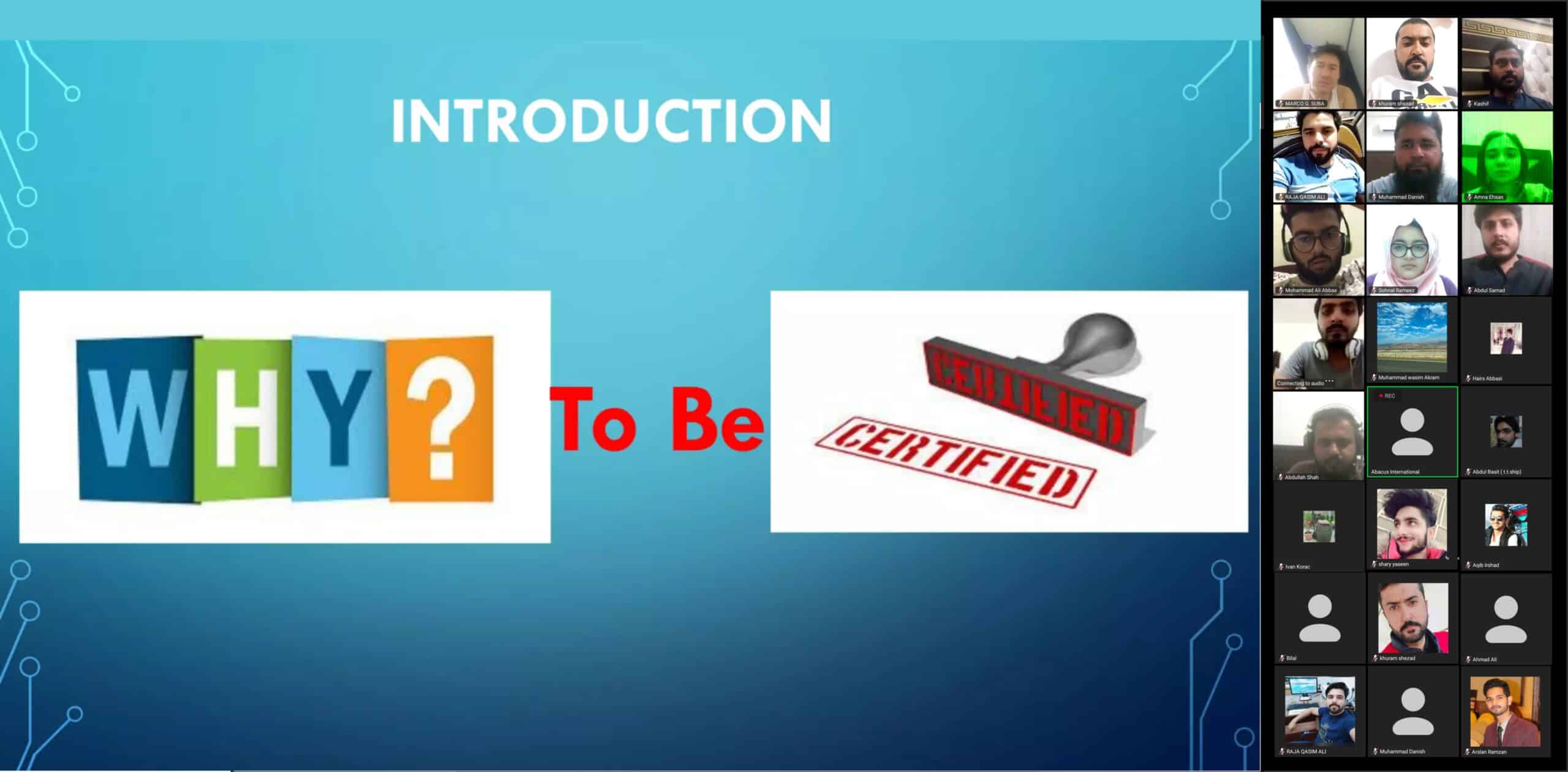

Naeem Subhani is a seasoned Safety Professional with 35 years of professional experience, a diverse skill set, and notable achievements, the individual is a respected authority in the field of safety notably in the oil and gas industry, large construction projects, the telecom sector, and health and safety audits in the textile and garment industry. He possess a wide range of professional skills, including conducting HSE training, audits, job safety analysis, risk assessments, and enterprise risk management. He have also been involved in investigations, emergency and crisis planning, and managing contractors to ensure compliance with HSE requirements.
In terms of qualifications, Naeem Subhani is the 1st Certified Safety Professional (CSP) certification holder in Pakistan, he also has a Diploma in Health & Safety Management, an MBA in Marketing, and an M.Sc. in Mechanical Engineering. His professional achievements include serving as an Ambassador for the Board of Certified Safety Professionals, USA, representing the Middle East and Asia regions, and being the Founder and Former President of the Pakistan Chapter of the American Society of Safety Professionals (ASSP). He have received awards such as the Global Performance Excellence Award from KUFPEC and the KUFPEC CEO Award. He have been actively involved in the drafting of the Health & Safety Act 2018 and organizing conferences in partnership with organizations like ILO, GIZ, and the Employers Federation of Pakistan to raise awareness about health and safety legislation and regulations. He have also conducted fire investigations and worked with the Pakistan Engineering Council on health and safety challenges in the construction industry.
The ASP certification is an entry-level certification that demonstrates foundational knowledge, while the Certified Safety Professional (CSP) certification is more advanced and requires additional experience. The CSP certification is often considered a progression from the ASP certification.
There are various resources available for ASP exam preparation, including study guides, practice exams, and training courses. BCSP also provides information on the content and format of the exam.
To passing the ASP exam you need to score at least 61%.
The ASP exam covers a range of safety-related topics, including hazard identification, risk assessment, safety regulations, incident investigation, and safety management systems.
Yes, the ASP certification is recognized internationally as a valuable credential in the field of occupational safety.
The ASP certification is valid for five years. To maintain the certification, you need to fulfill certain continuing education requirements.
Yes, the ASP certification can enhance your job prospects in various industries such as construction, healthcare, manufacturing, and more, as it demonstrates your foundational knowledge of safety principles that are applicable across different sectors.
Yes, you can retake the ASP exam if you don’t pass on your first attempt. Abacus International has policies regarding retaking exams, including waiting periods and fees.













Level 2 Qualification
Ensures customers get consistent, good quality products and services.
Level 2 Qualification
Address all environmental issues relevant to the organization’s business operations.
Level 2 Qualification
Enable you to understand & utilize new international safety standards.
Level 6 Qualification
After completing the diploma you are eligible to apply for the Grad IOSH membership.
Level 2 Qualification
A practical programme, full of step-by-step guidance with a sharp business focus.
30 Credit Hours Qualification
Comprehensive safety program designed for anyone involved in the construction industry.
Level 2 Qualification
Ensures customers get consistent, good quality products and services.
Level 2 Qualification
Address all environmental issues relevant to the organization’s business operations.
Level 2 Qualification
Enable you to understand & utilize new international safety standards.
Level 6 Qualification
After completing the diploma you are eligible to apply for the Grad IOSH membership.
Level 2 Qualification
A practical programme, full of step-by-step guidance with a sharp business focus.
30 Credit Hours Qualification
Comprehensive safety program designed for anyone involved in the construction industry.
Level 2 Qualification
Ensures customers get consistent, good quality products and services.
Level 2 Qualification
Address all environmental issues relevant to the organization’s business operations.
Level 2 Qualification
Enable you to understand & utilize new international safety standards.
A safety officer is a professional responsible for ensuring workplace safety, preventing accidents, and promoting health standards. From conducting safety audits to …
The oil and gas industry are important for meeting global energy needs, but it is also one of the most dangerous industries. …
Working in confined spaces is risky and requires taking specific precautions to ensure the safety of everyone involved. Whether it’s cleaning tanks, …
Severe bleeding can be life threatening if not managed quickly. It may occur due to deep cuts, puncture wounds, or traumatic injuries. …
A burn is an injury to the skin caused by heat, chemicals, electricity, or radiation. The severity of burns varies depending on …
Emergencies can occur anytime, and being prepared with a well-stocked first aid kit can save lives. A comprehensive first aid kit should …
First aid can save lives, but what if the help you provide unintentionally worsens the situation? Knowing how to respond in emergencies …
First aid training involves educating employees on providing immediate care during medical emergencies before professional medical help arrives. The scope of first …
A safety officer is a professional responsible for ensuring workplace safety, preventing accidents, and promoting health standards. From conducting safety audits to …
The oil and gas industry are important for meeting global energy needs, but it is also one of the most dangerous industries. …
Working in confined spaces is risky and requires taking specific precautions to ensure the safety of everyone involved. Whether it’s cleaning tanks, …
Severe bleeding can be life threatening if not managed quickly. It may occur due to deep cuts, puncture wounds, or traumatic injuries. …
A burn is an injury to the skin caused by heat, chemicals, electricity, or radiation. The severity of burns varies depending on …
Emergencies can occur anytime, and being prepared with a well-stocked first aid kit can save lives. A comprehensive first aid kit should …
First aid can save lives, but what if the help you provide unintentionally worsens the situation? Knowing how to respond in emergencies …
First aid training involves educating employees on providing immediate care during medical emergencies before professional medical help arrives. The scope of first …
A safety officer is a professional responsible for ensuring workplace safety, preventing accidents, and promoting health standards. From conducting safety audits to …
The oil and gas industry are important for meeting global energy needs, but it is also one of the most dangerous industries. …
Working in confined spaces is risky and requires taking specific precautions to ensure the safety of everyone involved. Whether it’s cleaning tanks, …